Admiral Raymond A. Spruance, USN; A Study In Command
Nonfiction, History, Germany, European General, Military, United States| Author: | Vice Admiral E. P. Forrestel USN | ISBN: | 9781786251978 |
| Publisher: | Verdun Press | Publication: | November 6, 2015 |
| Imprint: | Verdun Press | Language: | English |
| Author: | Vice Admiral E. P. Forrestel USN |
| ISBN: | 9781786251978 |
| Publisher: | Verdun Press |
| Publication: | November 6, 2015 |
| Imprint: | Verdun Press |
| Language: | English |
Although some historians and many newsmen have written many words about Admiral Raymond A. Spruance, U.S. Navy and his brilliant career in the Pacific in World War II, the complete story of this reserved and self-effacing man is now being told for the first time by one of his close friends and wartime associates. The author, Vice Admiral E. P. Forrestel, an important member of Spruance’s Staff, was in an ideal position to observe and report on the thought processes of this great and successful naval officer. Spruance’s rise to fame came in the Battle of Midway where his sound judgement and wise decisions won a stunning victory over greatly superior enemy forces. That victory reversed the long series of enemy successes and was truly the turning point in the war. From that time on he played an ever increasing part in our naval advance across the Pacific—a task he shared in full measure with another great American naval officer—Admiral W. F. Halsey, U.S. Navy. Tarawa, the Marshall Islands, the Marianas, Iwo Jima and the Ryukyus were important stepping stones along the way that lead to the deck of the U.S.S. MISSOURI in Tokyo Bay where the surrender terms were signed on September 2, 1945. To cap his extraordinarily successful naval career which ended in his Presidency of the Naval War College he accepted an appointment as our Ambassador in the Philippines. Here his wisdom and tact contributed importantly to the satisfactory settlement of a number of troublesome and vexatious problems that disturbed the good relations that should exist between the governments of the Philippines and the United States.
It is given to few Americans to serve their country so effectively and at such high levels as did this man. His career will serve as an example and a challenge to service personnel and diplomats alike. His story will be read avidly by those who suffered his blows in war and by those who are hostile to our country.
Although some historians and many newsmen have written many words about Admiral Raymond A. Spruance, U.S. Navy and his brilliant career in the Pacific in World War II, the complete story of this reserved and self-effacing man is now being told for the first time by one of his close friends and wartime associates. The author, Vice Admiral E. P. Forrestel, an important member of Spruance’s Staff, was in an ideal position to observe and report on the thought processes of this great and successful naval officer. Spruance’s rise to fame came in the Battle of Midway where his sound judgement and wise decisions won a stunning victory over greatly superior enemy forces. That victory reversed the long series of enemy successes and was truly the turning point in the war. From that time on he played an ever increasing part in our naval advance across the Pacific—a task he shared in full measure with another great American naval officer—Admiral W. F. Halsey, U.S. Navy. Tarawa, the Marshall Islands, the Marianas, Iwo Jima and the Ryukyus were important stepping stones along the way that lead to the deck of the U.S.S. MISSOURI in Tokyo Bay where the surrender terms were signed on September 2, 1945. To cap his extraordinarily successful naval career which ended in his Presidency of the Naval War College he accepted an appointment as our Ambassador in the Philippines. Here his wisdom and tact contributed importantly to the satisfactory settlement of a number of troublesome and vexatious problems that disturbed the good relations that should exist between the governments of the Philippines and the United States.
It is given to few Americans to serve their country so effectively and at such high levels as did this man. His career will serve as an example and a challenge to service personnel and diplomats alike. His story will be read avidly by those who suffered his blows in war and by those who are hostile to our country.

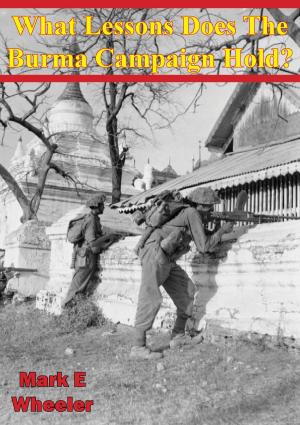
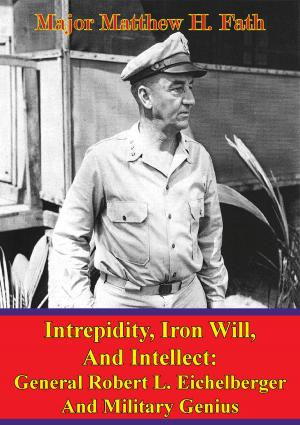
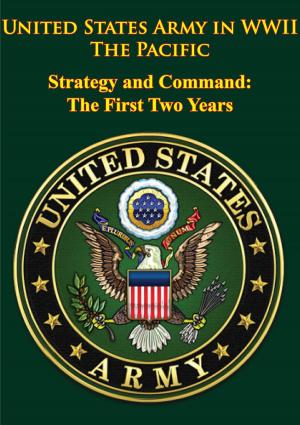
![Cover of the book Marines In World War II - The Campaign On New Britain [Illustrated Edition] by Vice Admiral E. P. Forrestel USN](https://www.kuoky.com/images/2014/august/300x300/9781782892823-UYPK_300x.jpg)
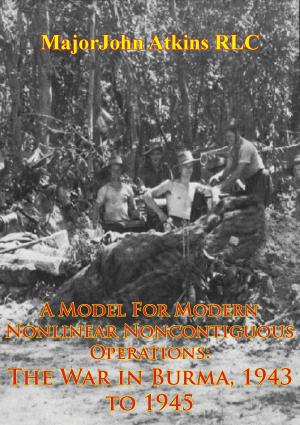
![Cover of the book T. E. Lawrence: Theorist And Campaign Planner [Illustrated Edition] by Vice Admiral E. P. Forrestel USN](https://www.kuoky.com/images/2014/august/300x300/9781782894308-l8rb_300x.jpg)
![Cover of the book TORPEDO 8 — The Story Of Swede Larsen’s Bomber Squadron [Illustrated Edition] by Vice Admiral E. P. Forrestel USN](https://www.kuoky.com/images/2015/november/300x300/9781786251855-SG1X_300x.jpg)
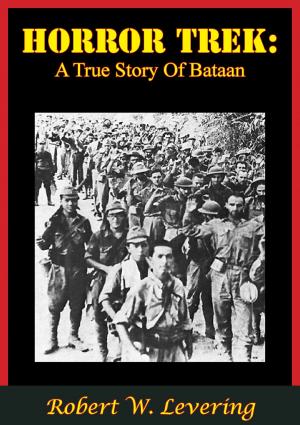
![Cover of the book Conversations With A Stuka Pilot [Illustrated Edition] by Vice Admiral E. P. Forrestel USN](https://www.kuoky.com/images/2014/august/300x300/9781782898450-BiYs_300x.jpg)
![Cover of the book PAPUAN CAMPAIGN - The Buna-Sanananda Operation - 16 November 1942 - 23 January 1943 [Illustrated Edition] by Vice Admiral E. P. Forrestel USN](https://www.kuoky.com/images/2014/august/300x300/9781782894476-lhVI_300x.jpg)
![Cover of the book Marines In World War II - Iwo Jima: Amphibious Epic [Illustrated Edition] by Vice Admiral E. P. Forrestel USN](https://www.kuoky.com/images/2014/august/300x300/9781782892847-K6Mq_300x.jpg)
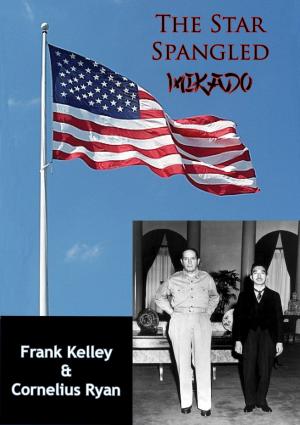
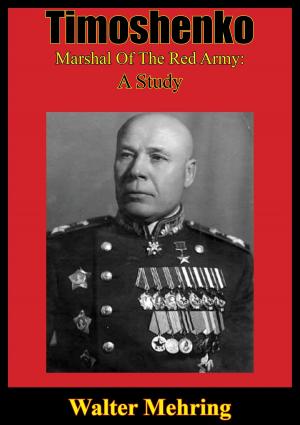

![Cover of the book Marines In World War II - Marines In The Central Solomons [Illustrated Edition] by Vice Admiral E. P. Forrestel USN](https://www.kuoky.com/images/2014/august/300x300/9781782892793-Vgqt_300x.jpg)